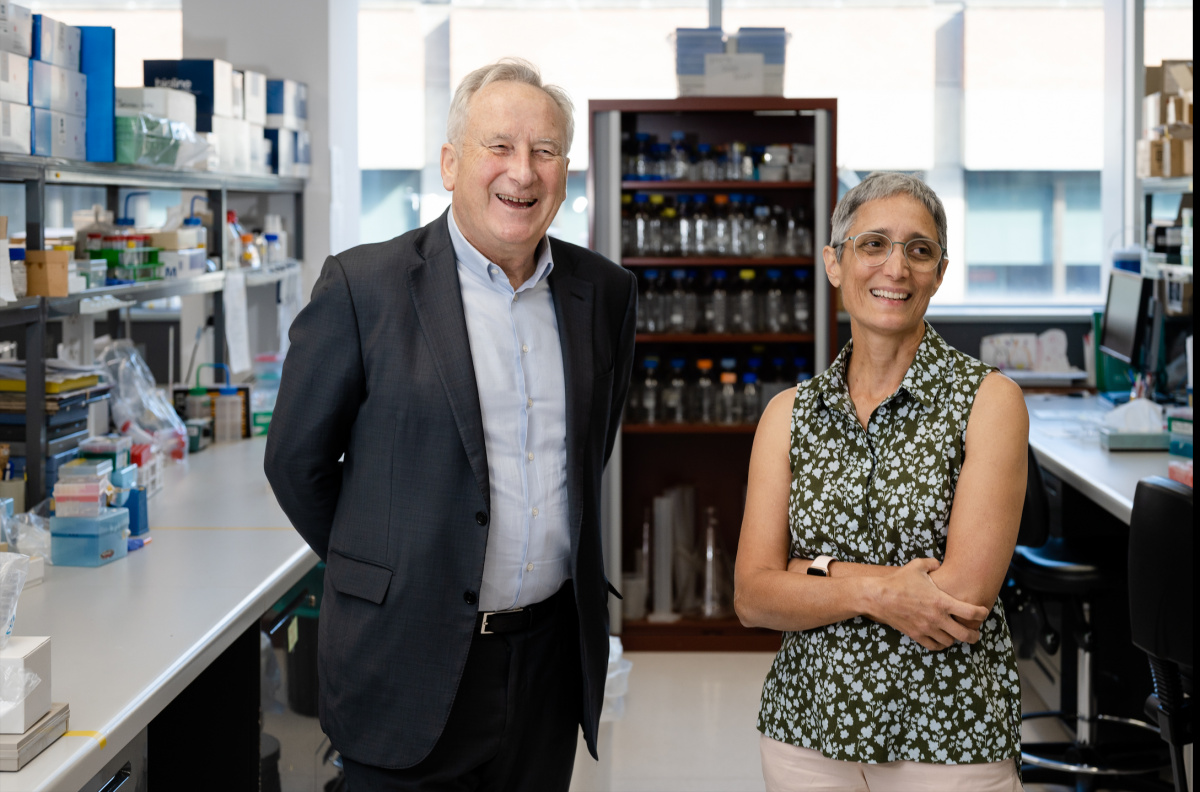Posted 6 December 2023

An Australian world-first clinical trial by SVI’s Professors Tom Kay and Helen Thomas has shown that a commonly prescribed rheumatoid arthritis drug can preserve the body’s own insulin production and suppress the progression of type 1 diabetes (T1D) in those newly diagnosed with the condition.
The trial findings, which were published today in the New England Journal of Medicine, demonstrated that administration of the drug baricitinib, a once-daily tablet, over a 48-week period preserved beta cell function and reduced the need for insulin in those who had been diagnosed within the past 100 days.
The trial, which was jointly funded by JDRF Australia and JDRF International follows decades of work investigating by Tom, Helen and their research partners on what causes the immune system to attack beta cells in people with T1D.
“When type 1 diabetes is first diagnosed there is a substantial number of insulin-producing cells still present. We wanted to see whether we could protect further destruction of these cells by the immune system. We showed that baricitinib is safe and effective at slowing the progression of type 1 diabetes in people who have been recently diagnosed,” said Professor Kay.
This ground-breaking research shows promise as the first disease-modifying treatment of its kind for type 1 diabetes that can be delivered as a tablet.
“It is tremendously exciting for us to be the first group anywhere in the world to test the efficacy of baricitinib as a potential type 1 diabetes treatment.”
To read more click here